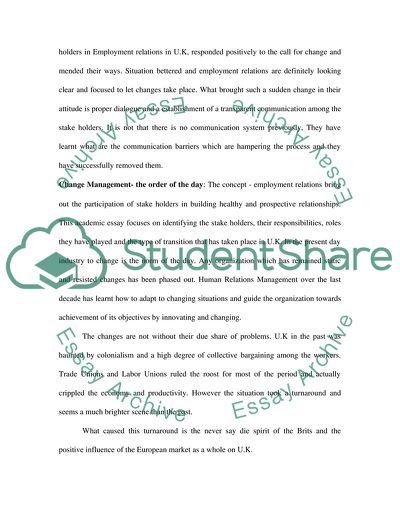Cite this document
(Employment Relations in the UK in the Past and Present Coursework, n.d.)
Employment Relations in the UK in the Past and Present Coursework. Retrieved from https://studentshare.org/human-resources/1713258-the-employment-relationship
Employment Relations in the UK in the Past and Present Coursework. Retrieved from https://studentshare.org/human-resources/1713258-the-employment-relationship
(Employment Relations in the UK in the Past and Present Coursework)
Employment Relations in the UK in the Past and Present Coursework. https://studentshare.org/human-resources/1713258-the-employment-relationship.
Employment Relations in the UK in the Past and Present Coursework. https://studentshare.org/human-resources/1713258-the-employment-relationship.
“Employment Relations in the UK in the Past and Present Coursework”. https://studentshare.org/human-resources/1713258-the-employment-relationship.


